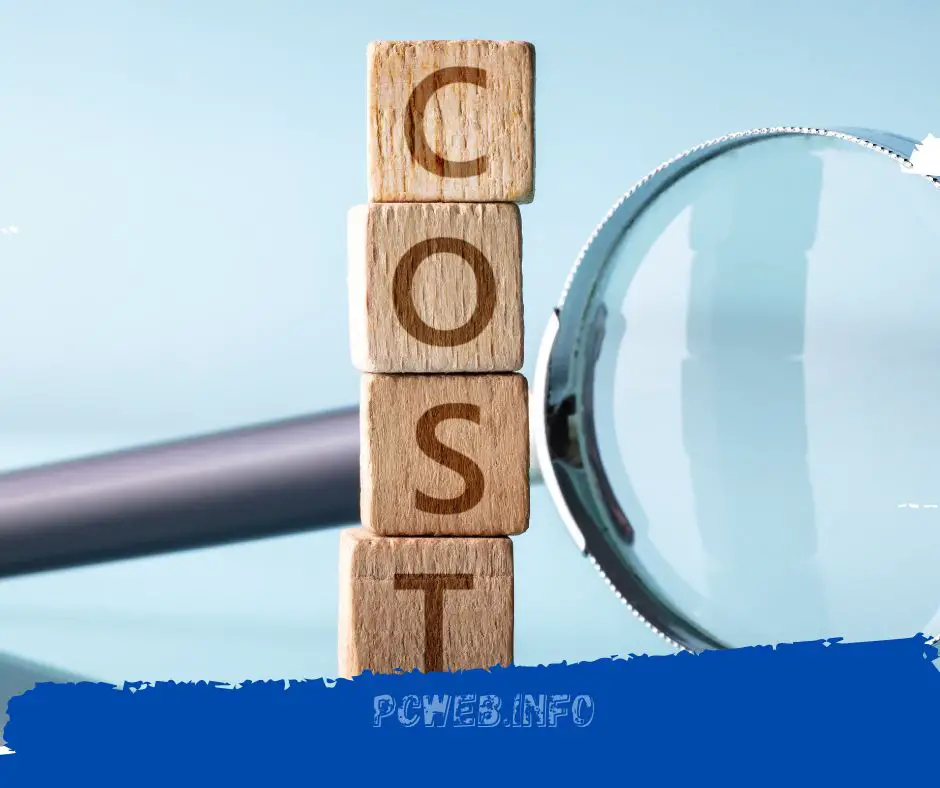Cost management: What is it and what does it mean? Cost management is a process that every company must comply with to achieve a stable financial statement, which allows it to meet its objectives and needs satisfactorily. It is considered an essential tool for the financial health of any business, and, therefore, an important element for its development.

What is cost management?, what does it mean?, what role does it play in the development of a company? Answers that we will know in the next sections, where we will understand this concept so important in the successful financial development of a company.
What is cost management?
Cost management is an integrated process of different actions of analysis, contrast and execution in the face of the finances of a company. It is carried out in order to efficiently manage your income and expenses, thus achieving the profitability you need to meet your objectives.
The role of cost management participates in the financial results that a company will find, because this process depends on the correct channeling of all implicit expenses such as the payment of employees, raw materials, operations, etc. Initially, the implementation of this process will consist of the breakdown of costs.
In an exhaustive manner, the consultant in charge of the management, will determine and classify all the costs incurred by the company. Its purpose will be to apply strategies that allow it to cut the different costs that the company performs -without sacrificing qualities such as quality, performance and operability-, to avoid the loss rate.
What does cost management mean?
There is no exact concept or definition of cost management. In fact, we will find that each author defines this concept in a relative and consensual way. And it is that cost management does not contemplate a specific and delimited process, because each company will find the most appropriate strategies to do such management.
Another important aspect to assess is that it is not an isolated application in a company, as it is very common to be applied, for example, in conjunction with budget and expense planning.
When we talk about a cost -or cost-, we refer to a classified concept, that is, subject to different definitions. There are at least two types of costs:
- Fixed or structural costs: Refers to all expenses involved in the operations and activities that the company performs. Costs for water service, electricity, maintenance, operations, payroll, etc. are considered here.
- Variable costs: These are quotas defined according to the profit obtained by the company. Taxes, bonuses for employees, service commissions, raw materials, etc.
The success of cost management will be subject to the correct recognition of all the expenses of the company, allowing it to effectively apply the cuts and / or adjustments that the consultant deems necessary. With a good application of this management, a company will be able to project itself in a feasible way and approach the achievement of its objectives. But how important is this?
What role does cost management play in the development of a company?
Understanding this point does not require valuations related to cost management, but rather to the behavior of the market today. A behavior where we can observe a great potential that, as a consequence, has generated a high level of competitiveness between different companies.
The business ecosystem highlights a very competitive trait, where price is defined by consumers, competition and the market itself. The latter will be responsible for establishing the variables that will define the price of a product and / or services. In this regard, these variables will be quality, brand, transport, etc.
Cost management will allow a company to know what are the margins on which it can fluctuate in the price of its products, valuing each of the variables exposed above. With this, the company will be able to define its costs, while at the same time contemplating positive financial statements in the face of the needs and objectives.
Advantages of cost management
But we go further. Cost management offers a series of advantages to every company, let’s know what these points are in favor:
- Redesign of strategies: The application of cost management will allow a company to assess the most successful strategies and those that did not reward the best results. With this, you will be able to redefine your next plans based on experience, approaching an increasingly positive result.
- Market analysis: Cost management consists largely of a constant analysis of the market, as it will be this that will define the variables of the cost of a product and / or service respectively. Thanks to this, the company will have an important domain regarding the behavior of the market.
- Greater competitiveness: By inserting itself in cost management, a company will be able to improve the offer of its services, while improving in the administration of its revenues. The result, a constant evolution, becoming a competitive participant within its field specifically.
- Accounting analysis and control: Cost management will allow the company to close its fiscal year without having to present errors, as it will have a constant monitoring of its finances.
The management of all costs will allow a company to obtain more significant results, in which it can, at least, avoid negative results in its financial statements respectively.
Cost management: A mechanism to make the best decision
Without delving into very specific definitions, cost management is a mechanism that a company will implement in the search to improve its results. A company that does not recognize the importance of monitoring its costs will hardly be able to move forward. In a market where hundreds of competitors comprehensively measure their steps, you need to take the most control.
Cost management is thus a resource that will allow a company to know in depth the status of its movements, specifically, the course they will define about the company. In other words, a smart and assertive way to make a breakdown of all the expenses that the company has recorded so far.
Read also: Marketing costs definition; Marketing Myopia Examples; What is Microsoft Azure; Transversal management: what is it? What does it consist of?
Useful external source: Wikipedia
- Ventajas y Desventajas de un CRM en 2026: ¿Rentabilidad real o gasto innecesario? - January 11, 2026
- SEO y Marketing Digital para Sitios de Escorts: Estrategias Blindadas para 2026 - January 10, 2026
- Ontología en medicina y enfermería V.8 - November 22, 2025
